China is known for using its economic power to infiltrate developing countries, especially those experiencing economic shocks, through providing unconditional loans and increasing its investments in infrastructure. Moreover, China avoids the risk of investing in fragile countries or countries torn out by civil wars, as it might not be a safe environment for long-term investments. In Libya, China has maintained the same policy and avoided playing a crucial role in affecting the outcomes of the Libyan conflict. It, however, preferred to maintain a strong connection with the different local parties engaged in this conflict to preserve its interests and ensure having an economic role in the future of the country. This analysis is going to deeply explore the Chinese role in Libya along with future prospects.
Neutrality During the First Wave of the War
During the revolution, China sought to maintain balanced relationships with the Qaddafi regime and the revolutionary opposition. This stems from the Chinese recognition that the dynamics of tribal conflicts are always complicated and usually last for a long time. By balancing its relations with both sides, China has taken a step for the post-war era, preparing itself to deal with either party. Months after it was established, China reached out to the opposition, represented by the National Transitional Council (NTC), and quickly developed a strong working relationship with the opposition leaders. In June 2011, China held its first meeting with the head of the NTC’s executive board, Mahmoud Jibril. In the next month, a chine delegation visited the premises of the NTC in Benghazi.
Despite growing ties with the NTC, China continued to maintain diplomatic relations with the Gadhafi regime. However, in July 2011, reports emerged accusing China of secretly arming Gadhafi’s forces, violating UN sanctions. Despite the Chinese denial of these allegations, the NTC expressed distrust of China’s intentions and questioned its reliability as a partner. Concerned about its reputation and economic interests, China avoided taking a fully partisan stance. Instead, it used its economic influence and limited involvement in the conflict to maintain a neutral position.
Why Did China Not Veto NATO's Intervention?
The Chinese governmental stance on the 2011 Libyan revolution was marked by neutrality. While it abstained from supporting the North Atlantic Treaty Organisation (NATO) military intervention in Libya, it expressed concerns about the humanitarian crisis arising due to the continuity and intensity of fighting. China could have vetoed the U.N Security Council (UNSC) decision that mandated NATO to intervene military in Libya to overthrow the Qaddafi regime. However, it abstained for the following reasons.
Firstly, China sought to protect its economic interests in Libya through not supporting the NATO-led military action against the Qaddafi regime. The Chinese economic presence in Libya before 2011 was strong, with over 75 companies operating in projects worth approximately $18.8 billion. These projects employed more than 30.000 Chinese workers operating in different sectors such as construction, telecommunications, and hydropower. China also imported 3% of its national needs oil from Libya, which makes the latter economically important to China. When the 2011 revolution erupted, China confronted a difficult situation, as it considered the NATO intervention as a threat to its economic interests. The situation was further complicated by the Arab League and the African Union’s support for the NATO military intervention. This prompted China not to veto the UNSC decision that mandated NATO to intervene in Libya, attempting not to take a stance against the state of unanimity within the Arab community. As shown in following charts, China has adopted an official stance of neutrality on the vote on Libya issues.
Secondly, China tried to promote its image as a responsible global player by criticising the humanitarian crisis that arose due to the war. Vetoing the NATO intervention would have considered a Chinese support to the Qaddafi regime, which might have resulted in eroding the Chinese tools of soft power in the Middle East region.
Thirdly, China’s decision to oppose the NATO-led intervention in Libya was also motivated by its concerns about its rejection of the Responsibility to Protect (R2P) doctrine that allows global powers to intervene in sovereign states to prevent genocides and ethnic cleansing. China has always expressed its desire of invading Taiwan and annexing it, which may push the international community to use the R2P to intervene against China without a mandate from the UNSC. Incidents of global intervention in Iraq in 2003 without UNSC approval are always present in Chinese minds while dealing with similar cases in the world.
Fourthly, China was so concerned about allowing NATO to be engaged in new conflicts in the MENA region, attempting to deplete its power. The Chinese also believed that NATO would accidentally or on purpose strike civilians, which would increase anger among the Arab population against the west and would also give China more space to criticise the West.
China's Stance on the Libyan Political Agreement
In late 2015, the Libyan Political Agreement was signed, which resulted in the creation of the Government of National Accord (GNA) as the only legitimate executive power. The agreement has also identified the Toruk-based House of Representatives (HoR) as the only legislature. While the GNA was supposed to dissolve the militias, create a national army, and unit the whole country under newly elected leaders, it has failed in doing so, which resulted in the recurring conflict between the East-based forces (supported by the HoR) and the West-based forces (supported by the GNA). The most severe and internationally involved phase began on April 4, 2019, when Haftar launched a surprise attack on the GNA in Tripoli. Since then, foreign powers such as Turkey and Russia have directly intervened in the conflict instead of supporting their proxies, which complicated the conflict.
China has officially backed GNA and has held diplomatic talks with GNA officials multiple times. Between 2016 and 2020, Chinese diplomats met with GNA representatives several times, culminating in a significant meeting in mid-2018. During this meeting, the GNA Foreign Minister, Mohamed Taha Siala, participated in the eighth ministerial gathering of the Forum on China-Africa Cooperation (FOCAC) in China and held discussions with State Councilor and Foreign Minister Wang Yi. As a result of these discussions, a memorandum of understanding was signed, outlining a commitment to collaborate on the implementation of China’s Belt and Road Initiative (BRI) in Libya.
The BRI represents a major component of the Chinese foreign policy as China uses it to play a more prominent role in the global economy through enhancing economics relations with countries that decided to join this initiative. China also provides financial incentives to the BRI countries such as unconditional loans and gifts to help them to develop their infrastructure. The Chinese also wanted to take a share in the construction of Libya, especially since most cities have been destroyed due to the conflict, attempting to include Libya into the BRI.
The GNA has also welcomed Chinese businesses back to Libya in 2018. By the following year, bilateral trade between the two countries reached $6.21 billion, primarily due to the recovery of Libyan oil exports to China. For the Chinese, the GNA was a reliable ally, as it was recognised by the U.N as legitimate. Furthermore, the GNA seizes the western area of Libya, where the Central Bank of Libya, which deploys the revenue of oil and gas on the different Libyan factions, is based. The western region also has the National Oil Corporation, which is the only entity mandated to sign contracts for oil exportation, all of which is desirable for China to approach any partner.
Similarly, China has kept its eye in the eastern-based forces, knowing that this camp might prevail in this war, aspiring to have economic deals in the eastern region. Chinese-state-owned companies signed economic deals with the Eastern-based government in 2016 to fund development projects in the East of Libya, reflecting China’s inclination to promote its business with two main conflictual sides of the conflict. China provided military support to Haftar through intermediates, which later pushed the international community to criticise it. For instance, Canada also accused China of concluding a deal worth $1 billion to supply Haftar with 42 drones during the spread of the COVID-19, violating the U.N resolution number 1970 that imposed an arms embargo on Libya.
China's Expected Key Future Role
China is deeply interested in the stability of Libya, and it is aspiring to play a prominent economic role in the future of the country. This ambition has always pushed China to adopt a neutral position, allowing it to establish relations with all parties engaged in the conflict. The future role of China in Libya could analysed through the following:
Concrete Neutrality: China will keep playing a neutral role while maintaining strong diplomatic and economic relations with parties of the conflict. China will also use its economic relations to get more contracts for its companies, especially in the infrastructure, attempting to deepen its presence in the country. Maintaining neutrality may allow China to play on sides, hence maximising its benefits and gradually increasing its influence.
More Political Engagement: Over time, China may seek more political role through intermediating between the east-based and the west-based forces. Succeeding in help parties of the conflict to sign a peace agreement, hold parliament and presidential elections would enhance the global stance of China as a reliable partner capable to contributing to ending conflicts. This also will increase the dependency of other MENA countries on China, and may gradually affect the U.S. role negatively. However, a rising role of China in the MENA region may prompt global power such as the U.S. to exert more pressure on the local parties, attempting to limit Chinese influence.
To conclude, China’s involvement in Libya highlights its strategy of using economic power to expand its influence in turbulent regions. By maintaining neutrality during the conflict, China safeguarded its interests while engaging with both the GNA and eastern forces. This positioning allows China to lead reconstruction efforts through the Belt and Road Initiative, focusing on vital infrastructure and energy projects. Looking forward, China aims to act as a diplomatic broker, fostering stability and securing energy resources. By promoting dialogue among factions, it enhances its soft power in the MENA region. As Libya stabilises, China’s multifaceted approach could reshape its economic landscape and geopolitical ties, solidifying its role as a key player in North Africa.
References
Wehrey, Frederic, and Sandy Alkoutami. “China’s Balancing Act in Libya.” Carnegie Endowment for International Peace. Carnegie Endowment for International Peace, May 20, 2020. Accessed September 30, 2024. https://carnegieendowment.org/posts/2020/05/chinas-balancing-act-in-libya?lang=en
Kington, Tom. “Chinese COVID Aid Talks With Libyans Called a Plot to Smuggle Drones.” Defense News, September 27, 2024. Accessed 30 Septmber 2024. https://www.defensenews.com/global/europe/2024/09/27/chinese-covid-aid-to-libya-is-labeled-a-plot-for-smuggling-war-drones/
Nyabiage, Jevans. “China Makes Moves to Reopen Economic Ties With Libya, 13 Years After Suspending Trade.” South China Morning Post, June 23, 2024. Accessed 29 September 2024 https://www.scmp.com/news/china/diplomacy/article/3267487/china-makes-moves-reopen-economic-ties-libya-13-years-after-suspending-trade
Emad, Mohamed. “China Re-establishes Economic Ties With Libya.” Libya Review, June 24, 2024. Accessed 29 September 2024. https://libyareview.com/45408/china-re-establishes-economic-ties-with-libya/
Chaziza, Mordechai. “China’s Libya Policy and the BRI: Sights Set on the Future.” Middle East Institute, December 22, 2020. Accessed 1 October 2024. https://www.mei.edu/publications/chinas-libya-policy-and-bri-sights-set-future



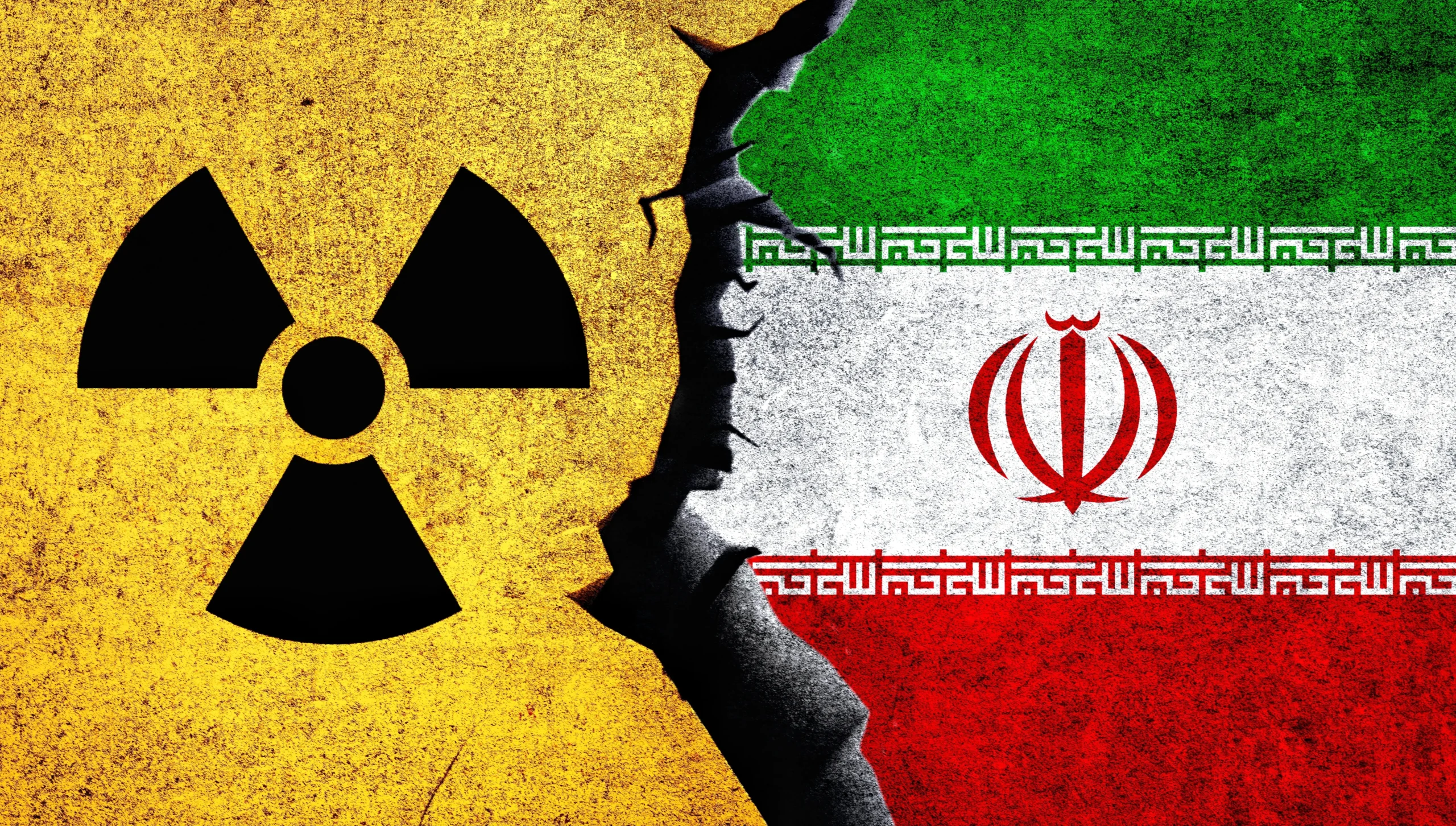
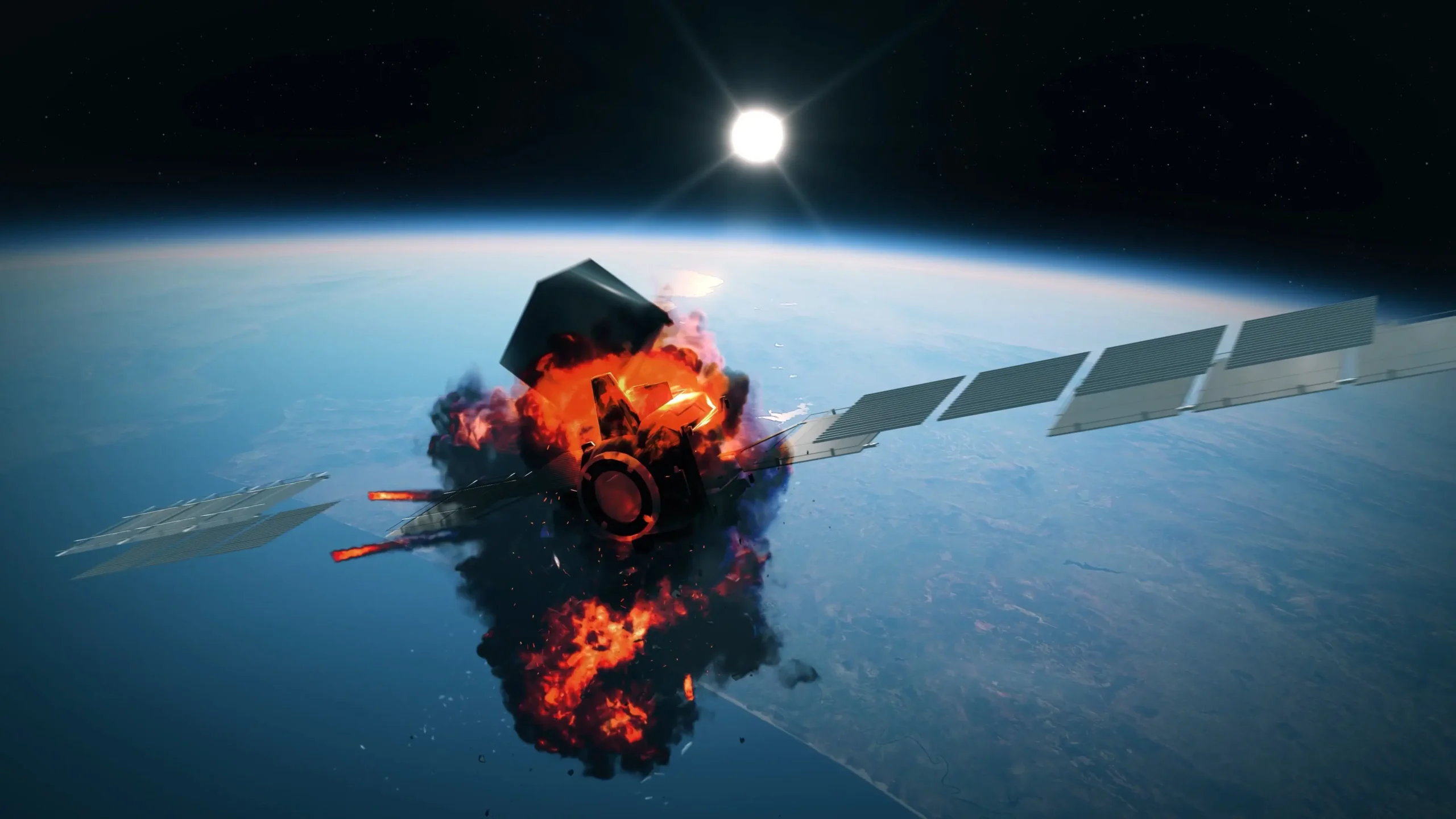

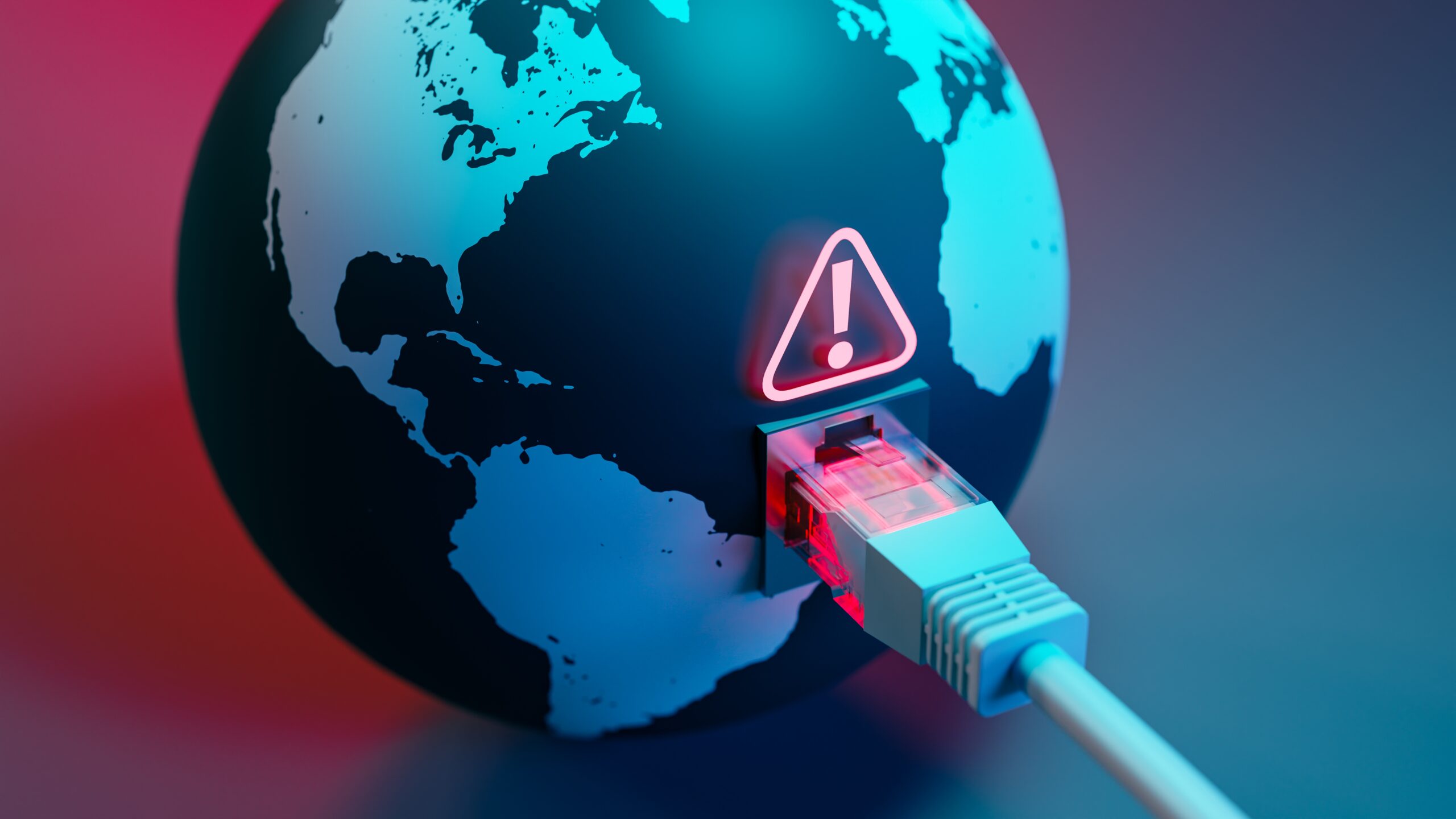
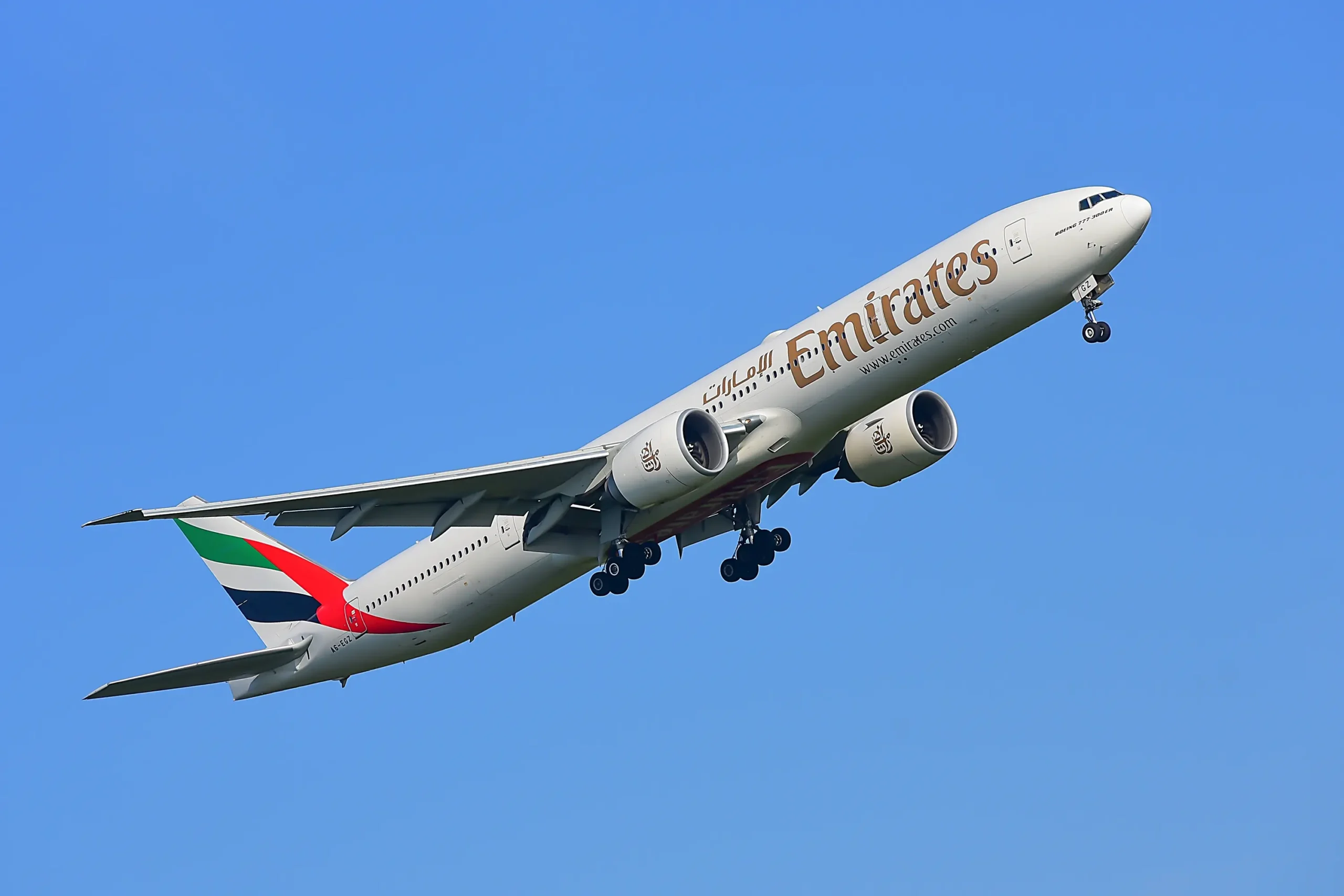
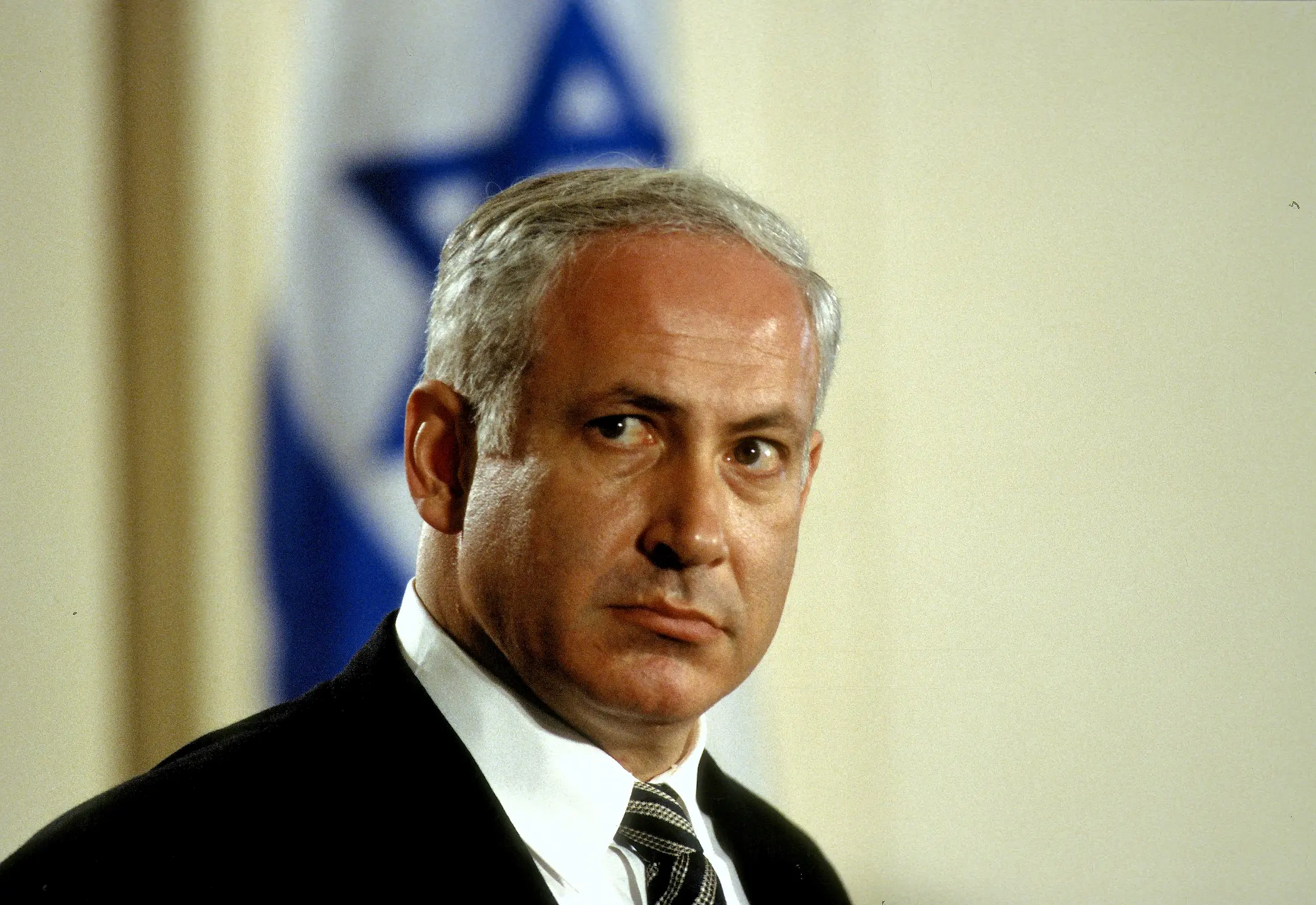



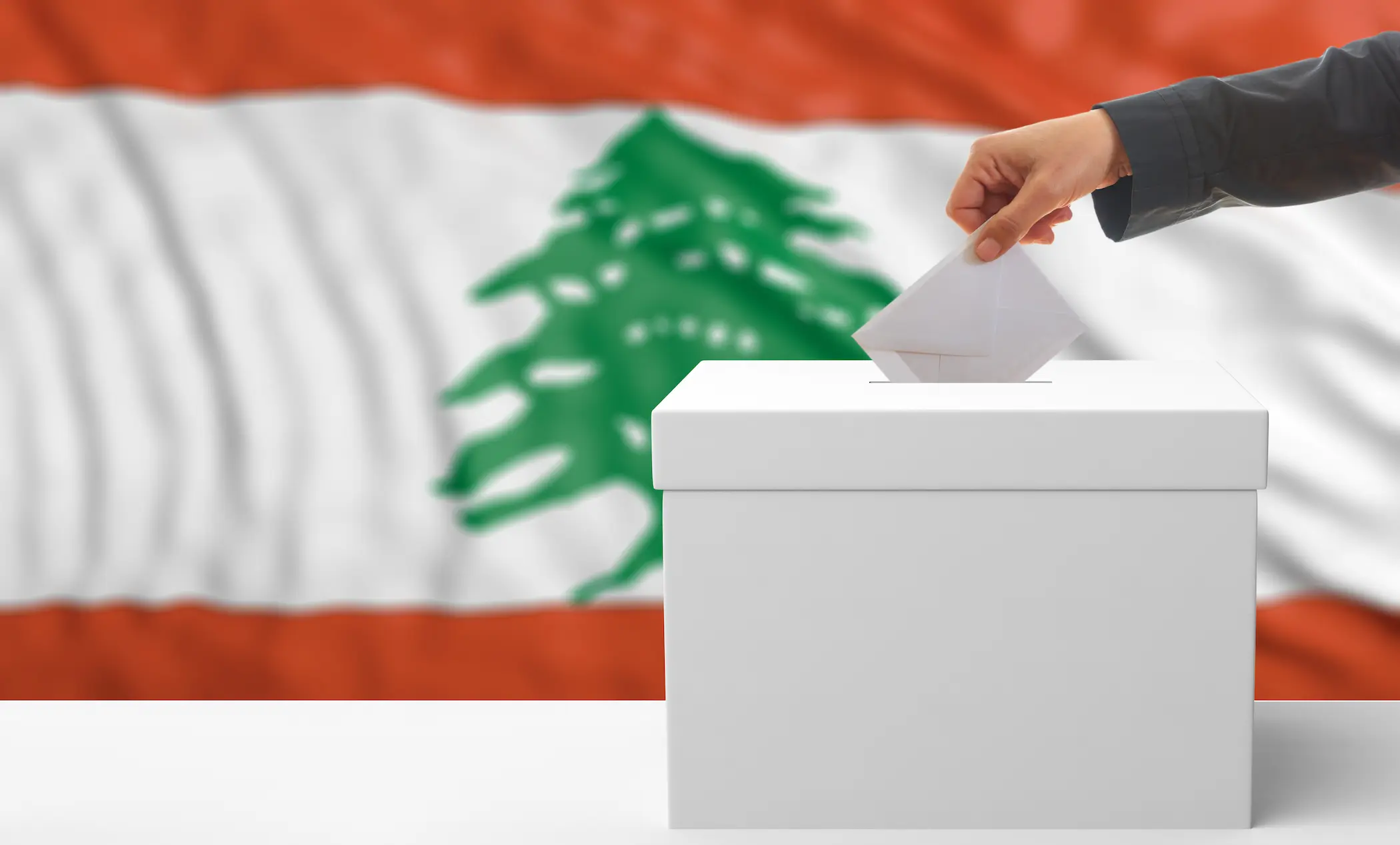


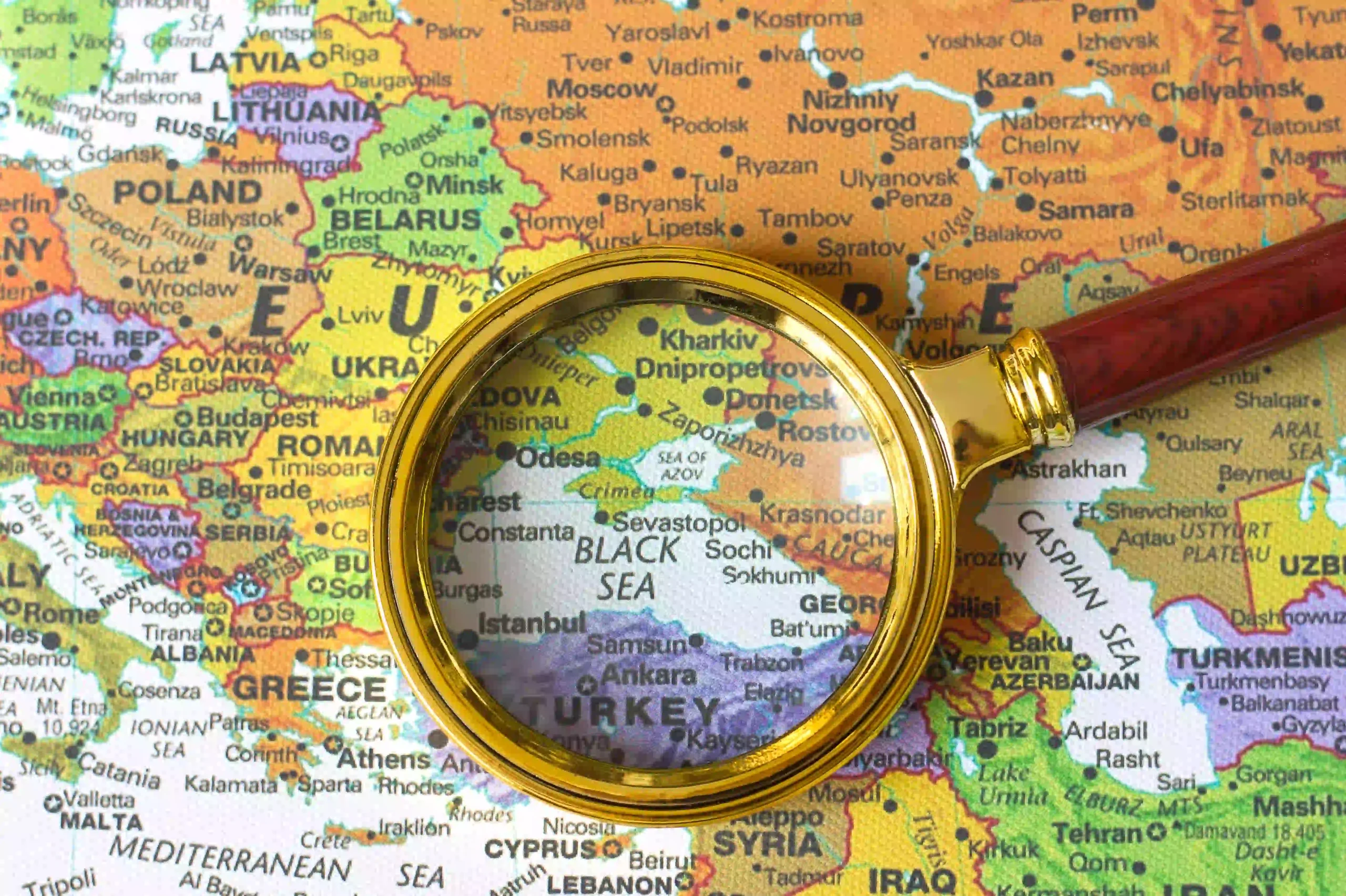
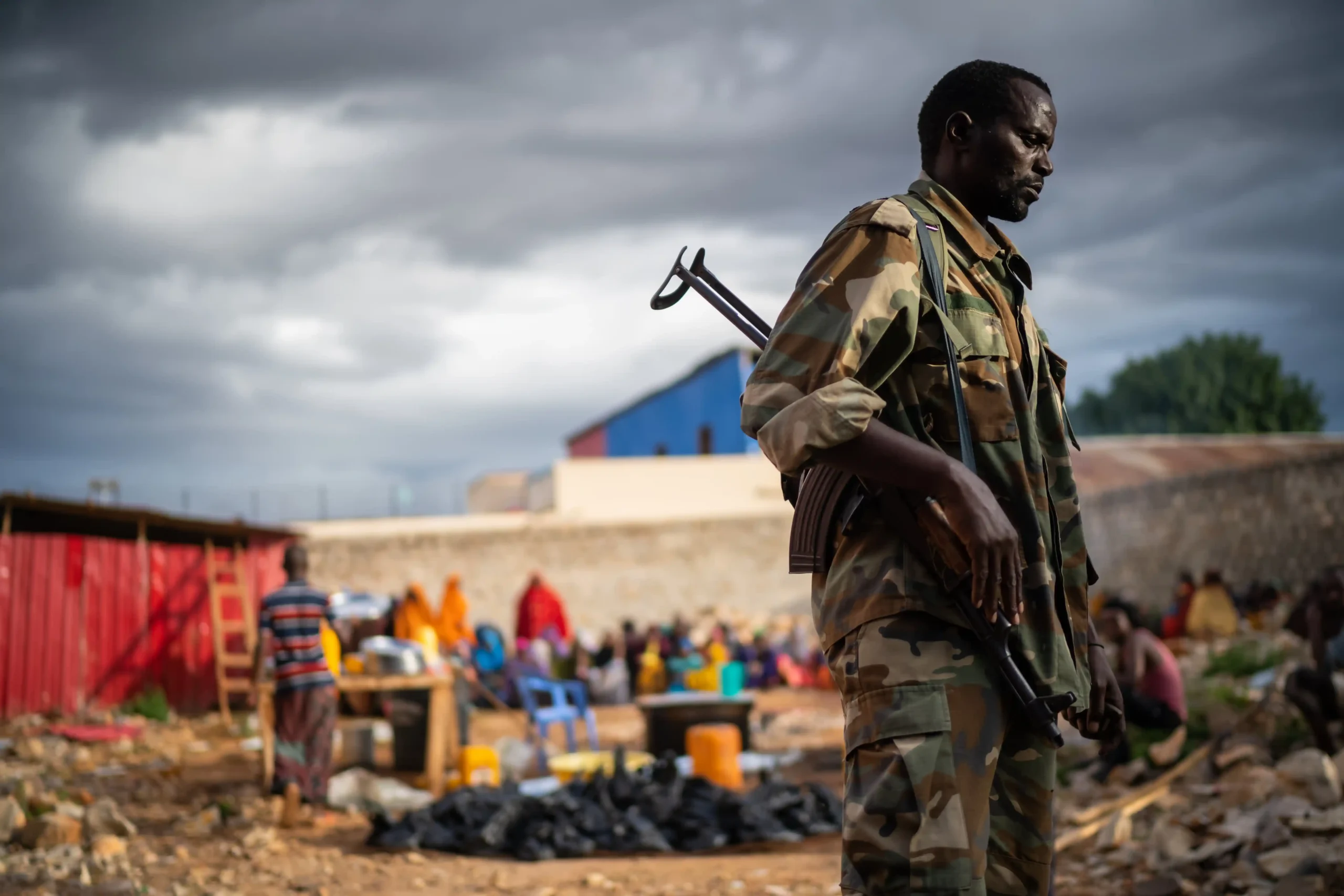
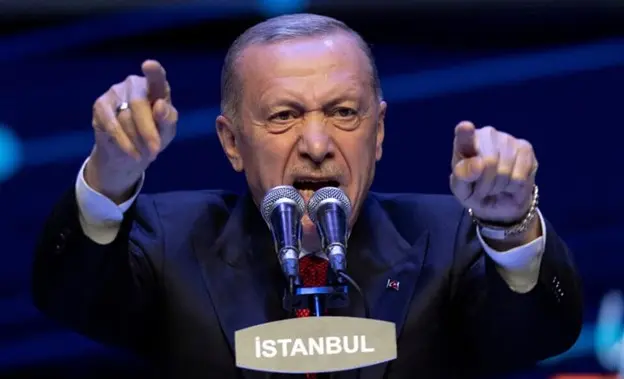
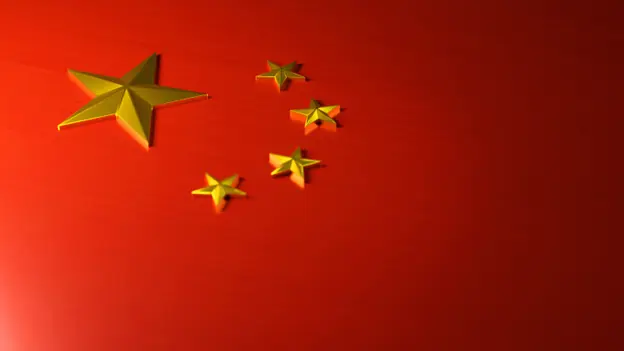
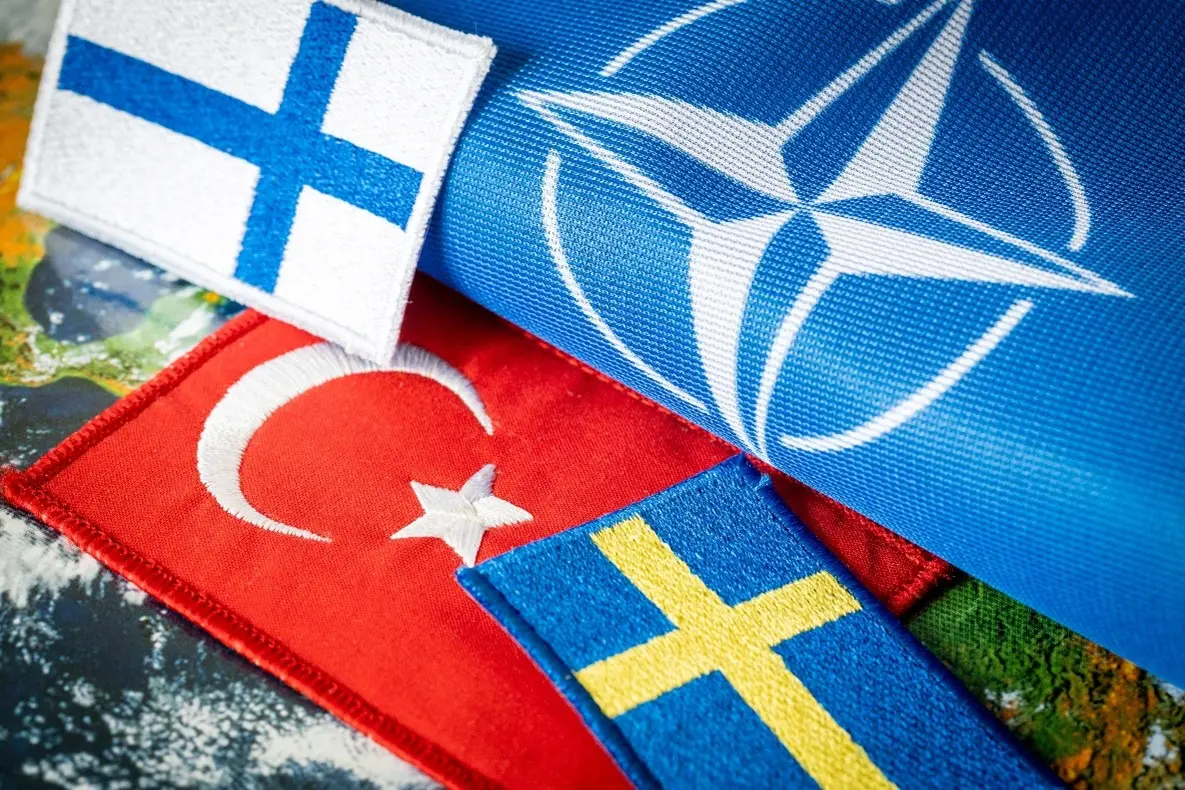
Comments